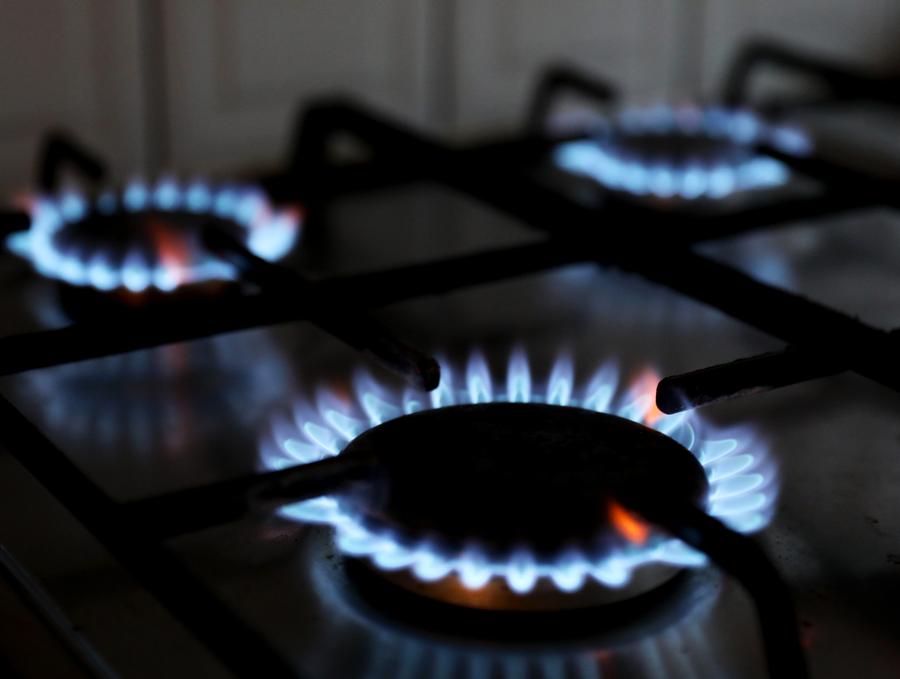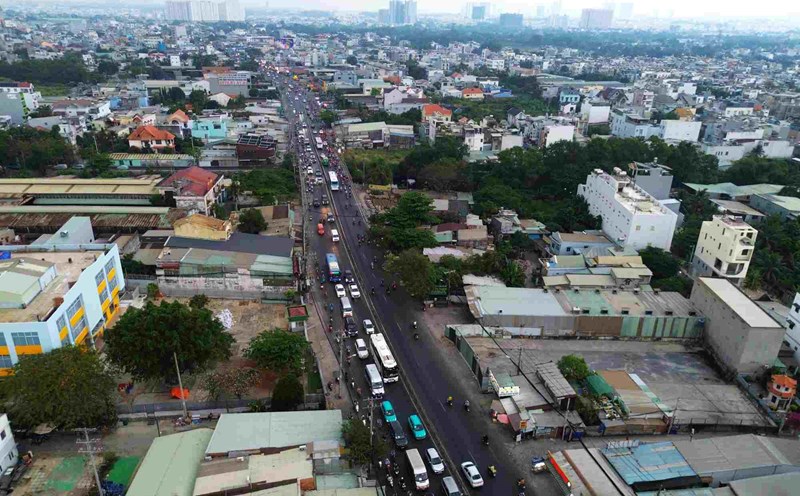According to the latest report from energy research firm Ember, Europe spent 21.9 billion euros ($23.6 billion) to buy Russian gas in 2024, surpassing the 18.7 billion euros ($2017 billion) that the EU provided to Ukraine financially.
Controversy between commitment and reality
The EU has previously pledged to completely eliminate Russian gas by 2027 to reduce its dependence on energy from Moscow.
However, instead of narrowing imports, the bloc has increased its Russian gas purchases by 18% in 2024.
This not only helps Russia maintain a large source of revenue but also contributes to funding Russia's campaign in Ukraine.
Why does the EU still buy gas from Russia?
Although the EU has made efforts to reduce Russian energy imports since the outbreak of the Ukrainian conflict in 2022, supply difficulties have prevented the Europe from completely giving up.
In 2019, Russia supplied up to 179 billion cubic meters of gas to the EU, but this figure has dropped sharply to only 31 billion cubic meters in 2024 and possibly only 16-18 billion cubic meters in 2025.
The decline was mainly due to the almost no longer operation of gas pipelines transporting gas from Russia to Europe, including Nord Stream.
Currently, TurkStream is the only pipeline carrying Russian gas to the EU, but the capacity is only 20 billion cubic meters per year.
Amphorenergy energy expert Yiannis Bassias told Al Jazeera: " Europe will continue to import more Russian gas by 2025 because the US cannot provide more".

Difficulties in cutting off energy relations
In addition to gas, the EU also has difficulty in completely eliminating Russian oil. Although it has banned Russian oil imports since the end of 2022, sources show that part of the Russian oil still enters Europe through unofficial channels, mainly thanks to the "shadow fleet" operated by Russia.
According to the Kiev Economic School, Russia earned $189 billion in crude oil and petroleum exports in 2024, up from $178 billion the previous year. This shows that Moscow is still finding ways to maintain cash flow from energy, despite Western sanctions.
Choosing between politics and economics
Ember believes that the EU's decisions are not only a reflection of political paradox but also an economic mistake. If all of the EU's gas infrastructure investment is made, Europe will have a surplus of 131 billion cubic meters of gas by 2030.
According to Ember, instead of pouring money into unsustainable fossil energy projects, the EU should focus on switching to renewable energy to ensure long-term energy security.
However, not everyone agrees with this view. Jonathan Stern, director of the Oxford Institute for Energy Studies, said that investing in gas infrastructure is still reasonable in the medium term. "If we look to 2050, gas may no longer be a suitable choice. But by 2030, that is still uncertain," he said.
Energy expert Miltiadis Aslanoglou believes that getting gas trade to zero is difficult to do, because in any case, Russia has always been a neighbor of Europe.











